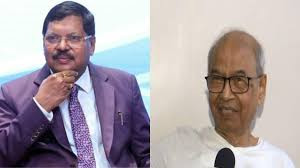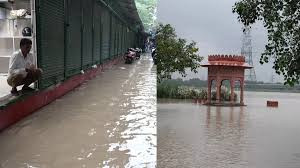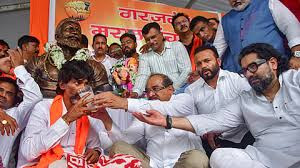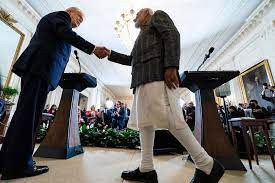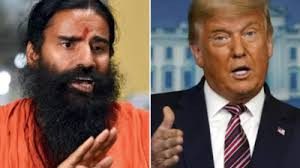Controversial Float Sparks Debate during EAM Jaishankar's Canada Visit
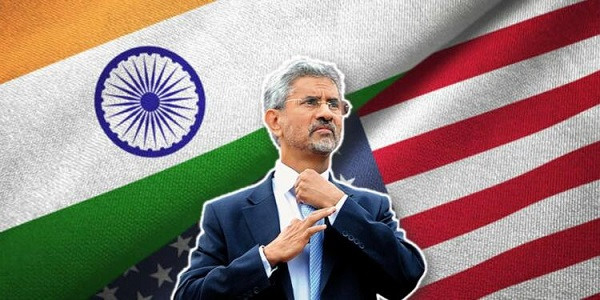
IIE Digital Desk : The recent visit of India's External Affairs Minister, Dr. S. Jaishankar, to Canada has become embroiled in a contentious debate surrounding votebank politics. The controversy erupted when a float celebrating the assassination of former Prime Minister Indira Gandhi surfaced during a parade in Brampton, a city with a significant Indian diaspora. The incident has sparked discussions on the role of political appeasement and the need to address divisive sentiments within the community. The float, which portrayed the assassination of Indira Gandhi, has attracted widespread condemnation for glorifying an act of violence that shook the nation. As images of the float circulated on social media, it ignited a fiery debate on the boundaries of free expression, communal harmony, and responsible political discourse.
The incident in Brampton has brought to the forefront the issue of votebank politics, where politicians may pander to specific communities for electoral gains. Critics argue that such actions, like the float celebration, exploit divisive sentiments to consolidate support and secure votes, disregarding the broader consequences of perpetuating a culture of hatred and violence. Political leaders and community representatives have expressed their disappointment and called for swift action to address the matter. They stress the importance of promoting inclusivity, respect, and responsible citizenship within diaspora communities to foster unity and harmony.
Amidst the controversy, External Affairs Minister Dr. S. Jaishankar, during his Canada visit, emphasized the need for dialogue, understanding, and mutual respect to bridge the divide and create an environment conducive to meaningful engagement. He highlighted the significance of nurturing healthy and productive relationships between nations and communities. The incident in Brampton raises questions about the responsibility of political leaders, both in India and abroad, to address issues of communal disharmony and to discourage any glorification of violence. It also underlines the importance of engaging with diaspora communities in a constructive manner, encouraging dialogue, and fostering a sense of shared values and collective progress.
As the controversy unfolds, it serves as a reminder of the challenges associated with votebank politics and the imperative for political leaders to rise above divisive agendas. It calls for a concerted effort to promote inclusive and tolerant societies, where political discourse is guided by principles of peace, respect, and the greater good of the nation. The incident in Brampton should serve as a wake-up call for policymakers to address the underlying issues and ensure that political campaigns and community celebrations do not fuel hatred, division, or animosity. It presents an opportunity to engage in meaningful conversations about fostering unity, preserving democratic values, and promoting a culture of harmony and tolerance among diverse communities, both at home and abroad.
You might also like!





